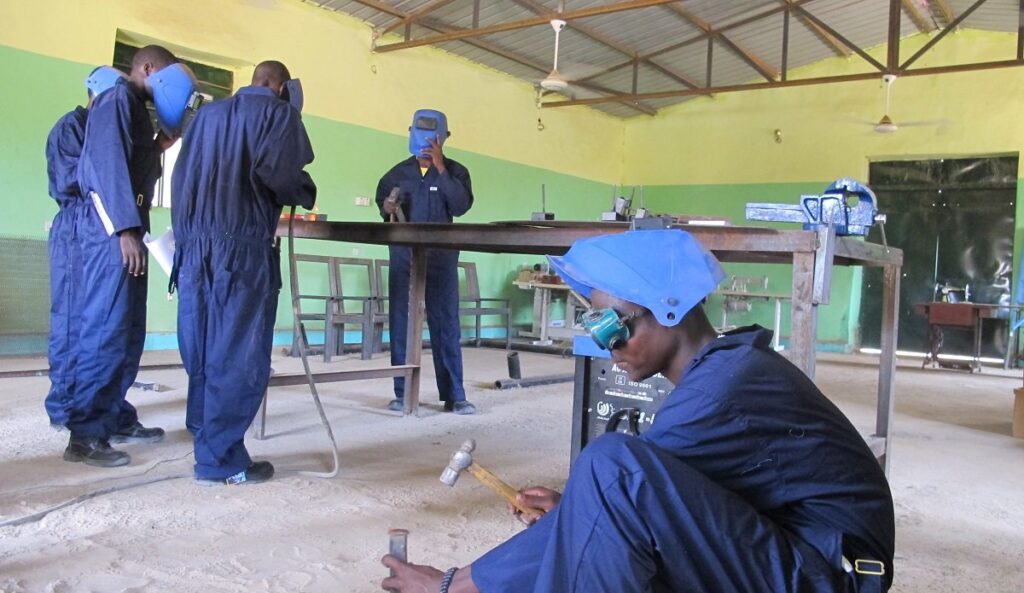By Aboyowa Akaruese
The issue of post-release unemployment among former prisoners remains a significant challenge in Nigeria, contributing to high recidivism rates and hindering reintegration into society. Many ex-convicts face societal stigma and a lack of economic opportunities, which often drives them back into crime. To break this cycle, it is imperative to equip inmates with vocational skills while they are still in prison, preparing them for meaningful employment upon release.
Vocational training programs in correctional facilities have proven effective worldwide in reducing recidivism by enabling prisoners to develop practical skills that match labor market demands. In Nigeria, the implementation of such programs is more critical than ever. With rising unemployment rates and a competitive job market, released prisoners need more than just freedom—they need a fighting chance to rebuild their lives.
Providing vocational training in areas such as carpentry, tailoring, agriculture, IT, and entrepreneurship can empower inmates to become self-reliant. These skills not only offer employment opportunities but also foster a sense of purpose and self-worth. Additionally, the government and private sector must work hand-in-hand to create job placements and entrepreneurial support systems for ex-offenders.
Rehabilitation should be the cornerstone of Nigeria’s correctional system. By investing in vocational training for prisoners, the country can reduce crime rates, enhance public safety, and give former inmates a second chance to contribute positively to society. Breaking the cycle of crime begins with opportunity, and that opportunity starts behind prison walls.

